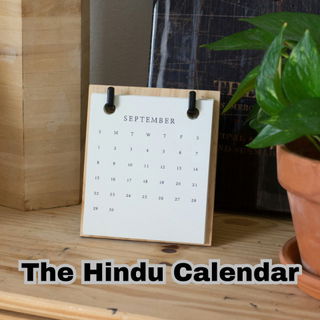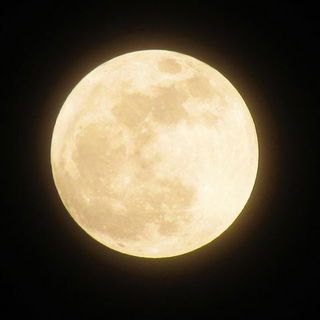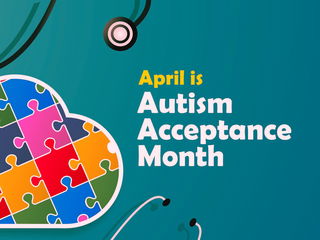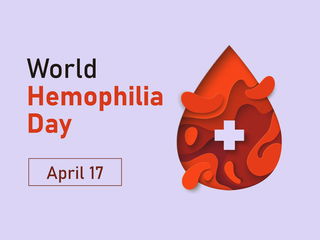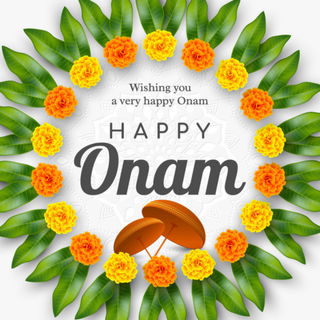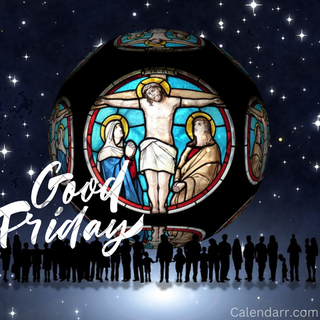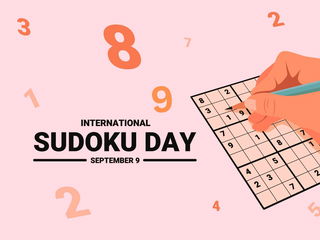- Calendar
- Calendar 2025
- August
- Jhulan Yatra
Jhulan Yatra
Jhulan Yatra is a traditional Hindu festival that is dedicated to Lord Krishna and Goddess Radha observed on the full moon day of the Hindu Month of Sravana.
Also known as Jhulan Purnima or Hindola, it falls in the month of July or August in the Gregorian calendar.
Adorned with decorated swings, devotional music, and vibrant festivities, Jhulan Yatra gracefully celebrates the divine love of Radha and Krishna, embracing the romantic allure of the rainy season.
History of Jhulan Yatra
The roots of Jhulan Yatra are deeply rooted in Vaishnavism, especially in the hobbies of Lord Krishna.
Lord Krishna's mischievous interactions with Radha and the Gopis in Vrindavan inspired the festival.
Hindu devotees have been celebrating this festival for centuries, and it is also mentioned in different Hindu scriptures and poetic works.
Scriptures like the Bhagavata Purana, Harivamsa, and Hari Bhakti Vilasa, describe Krishna's divine pastimes in Vrindavan.
These texts describe how Radha and Krishna, along with their companions, enjoyed the blissful act of swinging during the monsoon.
The festival symbolizes Krishna's loving exchanges and the beauty of the rainy season, which has inspired poets and musicians for generations.
The Gita Govinda, written by the saint-poet Jayadeva, also captures the essence of Krishna's love for Radha, often comparing their divine play to the rhythm of nature, including the swinging of the monsoon breeze.
Jhulan Yatra became a significant festival in places like Vrindavan, Mathura, and Puri, where Krishna is thoroughly worshiped.
Temples have been celebrating it for centuries with elegant decorations, bhakti geeti or bhajans, aartis for Radha Krishna.
Jhulan Yatra Celebrations
Celebrated in several parts of India, particularly in Mathura, Vrindavan, Mayapur, Puri, and ISKCON temples worldwide.
Thousands of Krishna devotees from across the world gather in Mathura and Vrindavan in Uttar Pradesh, as well as Mayapur in West Bengal, to take part in the celebrations.
Temples like Shri Rup-Sanatan Goudiya Math, Banke Bihari Temple, Radha-Ramana Temple in Vrindavan, Dwarkadhish Temple in Mathura, and ISKCON Temple in Mayapur host grand events.
During this time, the idols of Radha and Krishna are taken out from the altar and placed on beautifully decorated swings, sometimes even made of gold or silver.
In Puri, Odisha, Jhulan Purnima is observed at the Jagannath Temple and other shrines, where the idol of Lord Jagannath is gently swung while devotees sing, dance, and play musical instruments.
The celebrations last for a week, leading up to the full moon night. ISKCON temples worldwide also observe Jhulan Yatra for five days, with Mayapur serving as the center of grand festivities.
The idols of Radha and Krishna are adorned with flowers and placed on an ornate swing in the temple courtyard.
Devotees joyfully take turns swinging the deities using a flowery rope, while singing bhajans and chanting the 'Hare Krishna Mahamantra.' A special aarti is performed, and devotees bring food offerings, known as 'bhog,' as part of the worship.
Srila Prabhupada, the founder of ISKCON, encouraged devotees to celebrate Jhulan Yatra with devotion and joy.
He emphasized changing the deities' clothes daily, offering prasad (sanctified food), singing hymns in sankirtan, and gently swinging Radha and Krishna.
In the Pushtimarg Vaishnava tradition, Hindola, a similar swing festival, is observed for fifteen days during the monsoon season.
Each day, the swings are decorated with different materials, creating a unique and visually stunning display.
The Jhulan Yatra festival is not only a time for devotion but also a celebration of love, joy, and spiritual connection with Lord Krishna.
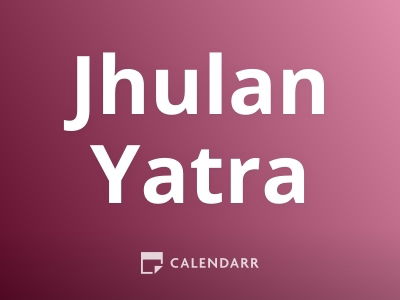
Other Celebrations
-
Apr 07 Mon
-
Apr 11 FriMahavir Jayanti Holiday
-
Jul 11 FriKanwar Yatra
-
Oct 07 Tue
-
Feb 01 Sun

Jhulan Yatra - Next years
Friday, 28 August 2026
Tuesday, 17 August 2027
Saturday, 05 August 2028


